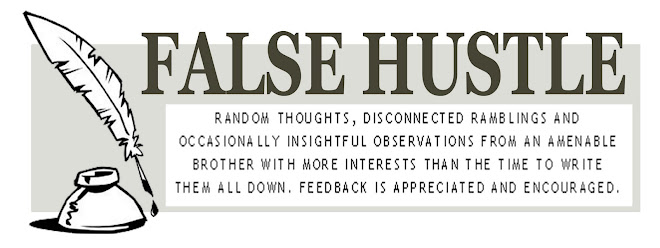This can't help but be a good thing, especially since management efforts to keep employees in the dark about the going-rate has effectively been used to suppress salaries. It's highly frustrating, and something that I've experienced a couple times in recent years. Each time, I came away feeling that I left too much money on the table during negotiations.
But how could I possibly know? I had nothing to compare my experience to. My future co-workers were understandably chintzy about telling a newcomer about their respective paychecks. And, sadly enough, this is not at all unusual:
"It’s a very American, very middle-class phenomenon,” said Ed Lawler, the director of the Center for Effective Organizations at the Marshall School of Business at the University of Southern California, who has studied salary transparency since 1962. “The way we were raised is that it was bad taste to talk about how much you make.”Our pay “tells people what others perceive to be our value,” he added, “and we worry that we will fall short."
Therein lies the problem. Somehow, someway, we've come to conflate salary with personal value, and fearful that we don't measure up, all but a few of us are extremely guarded when it comes to talking about what we earn. Which can only benefit management.
This is where collective bargaining can be helpful. Having worked at a union-protected news agency once before, I can tell you that transparency about salaries goes a long way toward assessing your worth to your employers. This is helpful for professional development, no?
But if we're not moving toward collective bargaining and unions, then it would seem the rank-and-file among us would stop being so tight-lipped about our paychecks. The only ones who win under our present system are management.
As Matt notes:
"After all, management knows perfectly well what everyone’s earning. And management also has some sense of what everyone is worth. And management wouldn’t pay people more than management thought they were worth, but management would gladly pay someone less."
.jpg)
No comments:
Post a Comment